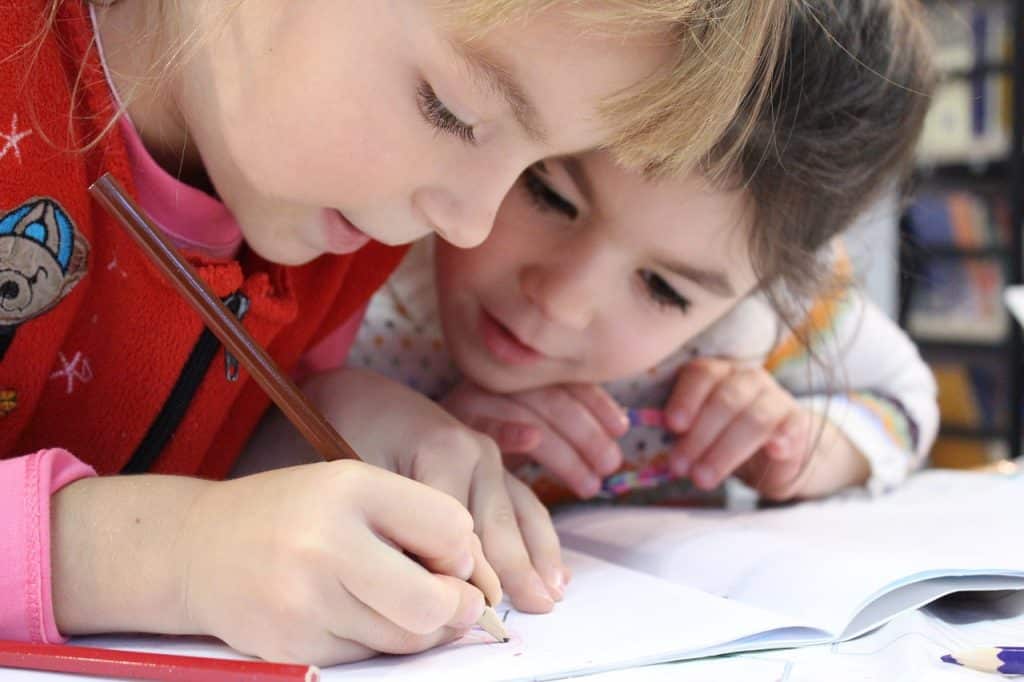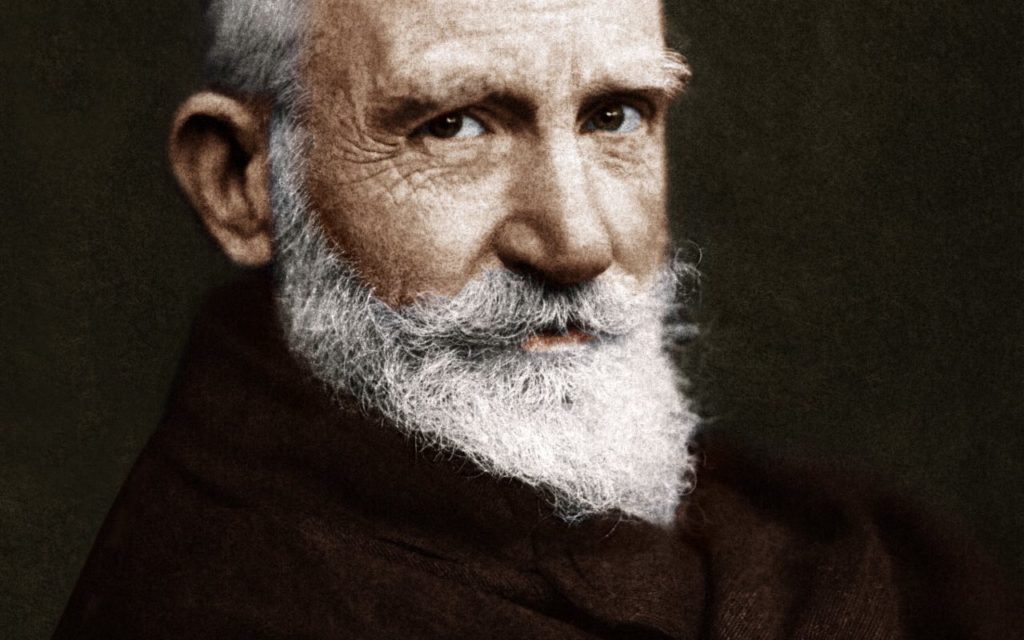"I don't know how to be happy. We weren't taught that at my school.” – Ashley Brilliant
For now, the school does not deal with the personal development of the children. I hope that someday the focus of education will shift from the learning of information to the personal and spiritual development of little heroes. The fact is that there are many people with a solid education who are not emotionally and spiritually aware, which prevents them from being happy. Diplomas do not make us better and do not give us answers to the most important questions in our lives. The personal development of the child is currently the responsibility of the parents. Although most of them have not been taught how to work for their own personal development. All our lives we try to piece together the puzzle of the rules of life. And wise people from centuries ago bequeathed us their insights. Only a small part of the books are studied in school, which contain the philosophy of life. Our children should have access to these insights to build upon, not start from scratch. Parents who read and consciously strive for personal development give their children a chance to go on the path of their personal evolution from a higher level.
What are the important lessons that our child will not learn in school that we, the parents, should teach them?
To build his value system and life philosophy.
In order to feel strong and confident, the child needs his system of values, priorities and principles, which will become the internal support for his life choices. A wise parent uses every situation to teach their child to deal with life, to make decisions, to take risks, to learn lessons.
To love yourself and appreciate your uniqueness.
When the child develops love for himself, he takes responsibility for his health, for his body and soul. Then he himself chooses to eat healthy, do sports, take care of his appearance, work for his personal development. To be protected in risky situations. Not because he has to do all this, but because he wants to.
To develop emotional intelligence (awareness).
Children are actively looking for answers to everything that happens to them, they need someone to explain to them the difficult and confused human relationships, the conflicting feelings and emotions.
How to help a child develop emotional awareness?
- By talking often about human relationships and commenting on different situations.
- By looking together for answers to the questions that concern us.
- By sharing and explaining our feelings to the child and predisposing him to share too.
- By respecting the child's right to any feelings and emotions, including negative ones.
- By encouraging him to read valuable books.
- By encouraging his creative pursuits.
To take responsibility for his life.
For our child to be a successful person, it is important for him to take responsibility for his life and foresee the consequences of his actions, take reasonable risks and beware of unreasonable ones. This would only be possible if the child had developed self-respect and believed that he could judge situations correctly.
To consciously develop as a person, to follow one's dreams.
Little heroes need to believe that dreams do come true. If your child has a big dream about something - a trip, a puppy or a bike, help him make his dream come true. When he is convinced that his dreams come true, he will pursue them even more persistently and enthusiastically, he will set higher and higher goals for himself, and each new goal will be a new step in his personal development.
To not be dependent on the opinion of others.
The main criterion in selecting people to associate with should be whether they are supportive and inspiring or judgmental and discouraging.
It is very important to teach our child to defend the boundaries of his personal space, not to allow himself to be manipulated, not to be afraid to say "no" even to authorities.
To overcome his fears.
Often we parents are filled with fears that we unconsciously pass on to our children. The first step in helping our children is to face our own fears.
Our fears are usually the result of certain negative beliefs rather than real facts and circumstances.
To learn from mistakes.
When he makes a mistake, instead of punishment and condemnation, the child needs understanding and support, a benevolent conversation in which the parent helps him analyze and understand the reasons, consequences, and the lesson of the mistake.
To see the good opportunities in the changes.
If we teach our child to live in anticipation of more and more beautiful and interesting things happening to him, he will be open to the possibilities that life offers him. He will not be afraid to step out of his comfort zone, he will not be afraid of new circumstances, new people, new activities.
To react calmly in difficult situations.
Whenever it seems to us that our children are acting too slowly, we must be aware that we are actually the ones in a hurry. Children teach us patience. Their slowness is much more natural and healthy than our haste.
Be tolerant of yourself and others.
Being tolerant of others means respecting the diversity and dignity of others, even when they have a completely different value system and vision of life.
At the same time, it is important for our children to understand that being tolerant does not mean forcibly communicating with people you don't like, making compromises with yourself, being afraid to express a different opinion.
To create friendships and value them.
Friendships are one of the most important factors for our personal development and spiritual harmony.
Friends give us the other perspective that expands ours. In this way, they help us to develop, to grow.
To learn to communicate with the opposite sex.
The best we can do is to talk to the child about love from an early age - spontaneously and casually, whenever there is an occasion. Gradually, as the child grows, a suitable situation will naturally arise in which to talk about sex.
The most common parental mistakes related to children's first love experiences are:
- distance or absence on the part of the father;
- overly caring and controlling attitude on the part of the mother;
- bans on communication with the opposite sex due to prejudice and negative beliefs of parents;
- lack of conversations about love and sex, avoiding these topics.
- a judgmental attitude towards children's first relationships;
- instilling fears and negative beliefs about love and sex;
- lack of an approach that predisposes children to share.
To put creativity and love into everything he does.
Any activity can become a pleasure if we put love, if there is inspiration and enthusiasm.
Little heroes like to do everything in their own way, to experiment. Their curiosity about life itself makes them tireless enthusiasts and discoverers.
Develop your sense of humor.
Humor is a combination of creativity, intelligence and wisdom and is the best way to transform negative energy into positive.
How to encourage a sense of humor in children:
- by developing our sense of humor, by consciously seeking an amusing point of view in everything that happens to us;
- by meeting more people with a good sense of humor;
- watching comedies together;
- by telling each other jokes when we are together;
- by encouraging the child to read funny humorous books;
- by attending humorous theater productions.
To live in harmony with nature.
Our children's attitude towards nature and the world is an important part of their life philosophy. Every child needs to be as close to nature as possible, play outside, travel to new places, explore the world, climb mountains, to swim in the seas, to communicate with animals.
Also read: Escape the victim status!
Author Stella Daskalova – Every child is a hero







Facebook Comments